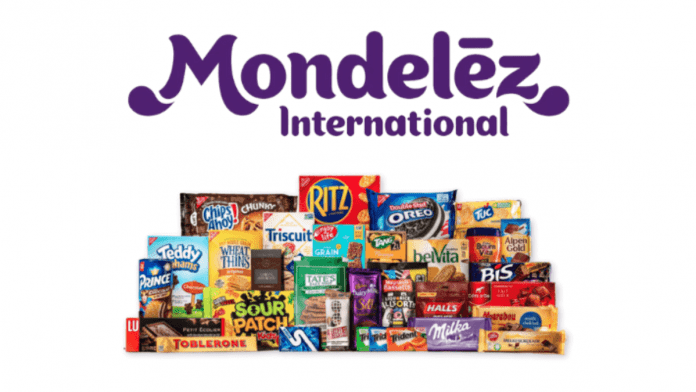News in Brief:
– The EU has fined Mondelez, a confectionery maker, €337.5 million for restricting cross-border trade to keep chocolate prices high.
– This anti-competitive practice violated EU trade laws and hurt consumers during a cost-of-living crisis.
The recent fine of €337.5 million imposed on Mondelez by the European Commission is a significant development that resonates beyond the borders of Europe, holding lessons for global audiences and farmers worldwide.
The company, a major player in the confectionery market with brands like Cadbury and Oreo, was found guilty of restricting cross-border trade within the EU, maintaining higher prices at the expense of consumers.
Understanding the issue
Mondelez restricted what’s known as parallel trade, a term that refers to traders buying products in regions where prices are lower and reselling them in higher-priced regions. By limiting this practice, Mondelez kept prices high across Europe, which hurt consumers financially, especially during a time of high inflation and a cost-of-living crisis.
Just as in Europe, ensuring fair market practices in the rest of the world is crucial. When companies manipulate markets to keep prices high, it directly impacts consumers who end up paying more for basic goods. African regulators can learn from the EU’s stringent enforcement of competition laws to protect their own markets.
African consumers, like their European counterparts, need robust protections against anti-competitive practices. Awareness of such issues can empower consumers to demand fair pricing and transparency from companies operating within the continent.
This case emphasises the importance of fair trade practices for African farmers and agricultural businesses. By preventing price manipulation and ensuring that products can move freely across borders, farmers can access broader markets and fairer prices for their goods.
Farmers worldwide should advocate for policies that promote free trade and prevent large companies from restricting market access. This ensures that farmers can sell their produce where they get the best prices, enhancing their income and market reach.
Effective regulatory oversight is essential to prevent large corporations from engaging in practices that harm smaller producers and consumers. Farmers and agricultural groups should support and push for strong regulatory frameworks in their regions.
The financial wellbeing of consumers is interconnected with the agricultural sector. When consumers face high costs, their purchasing power diminishes, affecting demand for agricultural products. Ensuring fair competition can stabilize and even increase demand for farm products.



